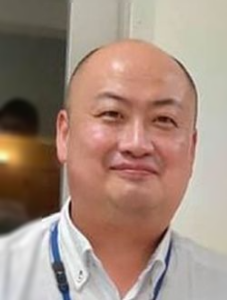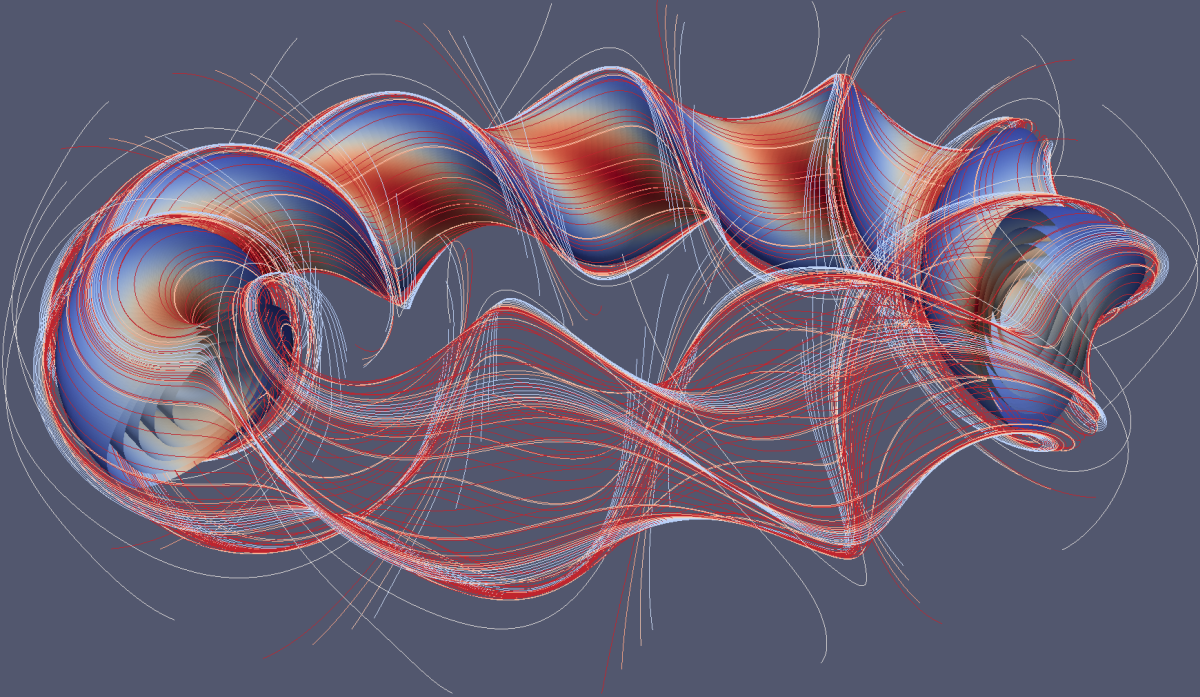In order to realize Energy mix by 2030 and Carbon neutrality by 2050, it is necessary to develop innovative energy and power sources. In our group, we aim to realize carbon-neutral energy sources using smart fluids.
If you’re interested in engineering, programming, and using a supercomputer, let’s join our researches!
Messages
Plasma, also known as the fourth state of matter, is a high-temperature gas in which the atoms and molecules that make up the gas are divided into ions and electrons. It is one of the smart fluids (functional fluids) that have the properties of charged particles such as ions and electrons, and at the same time have the properties of fluids. Our group aims to realize nuclear fusion power generation, which is the ultimate carbon-neutral energy source, and to conduct research to realize a low-carbon society by utilizing plasma as a smart fluid.


Development of carbon-neutral energy sources using plasma
Our research topics are followings:
- Magnetohydrodynamic equilibrium and instability of plasmas for realization of nuclear fusion power generation
- Visualization of turbulent flows and fluid control using plasmas
- Plasma production for seed-free MHD power generation
- Plasma-assisted combustion
- Development of imaging measurement method based on sparse modeling and collaboration between medicine and science
- Simulation experiments of space plasma environment using fusion plasma experimental devices
Gallery
Under construction
For those who wish to join for our laboratory
Our group welcomes students from any backgrounds. If you are interested in our research, please feel free to contact us by e-mail. Let’s go to the world together!
Please feel free to contact us at any time for questions, consultations, and visits to our laboratory. We are always looking for postdoctoral fellows, joint research, and contract research.
We are also working on medical science and engineering collaboration based on sparse modeling and machine learning, and developing new research areas using dynamical systems theory and data-driven science.
If you are interested in collaborations related to our research, please feel free to contact us via email.
